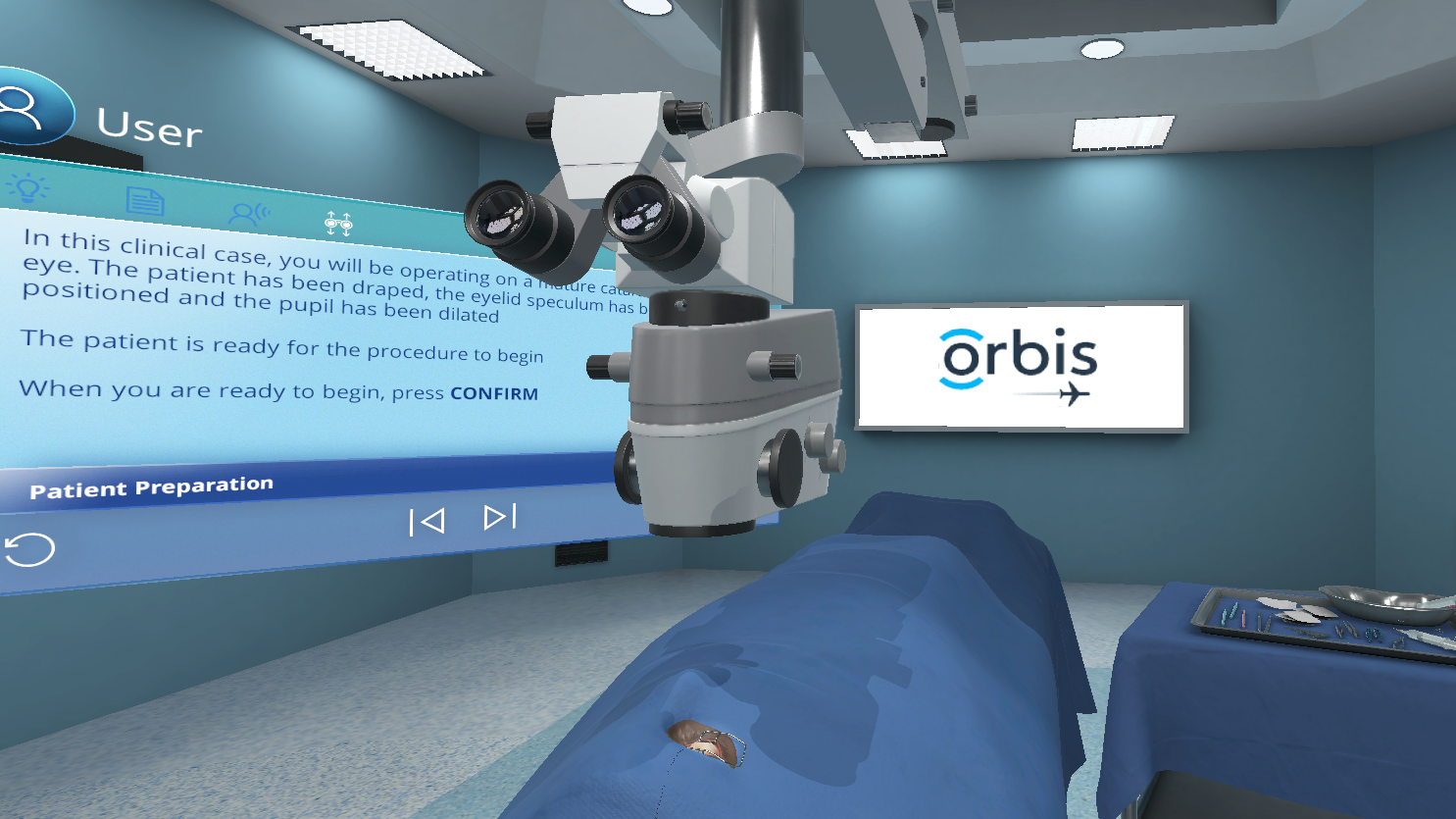
What You Should Know:
– Today, FundamentalVR, global pioneers in immersive VR surgical skills training and skills data analytics, announced the expansion of its surgical specialty capabilities with the addition of ophthalmology. The new capabilities allow it to support medical device and life science companies in improving the way they bring new tools and procedures to market.
– Powered by the company’s patented HapticVR™ technology that mimics the physical cues of surgical actions, medical tools, and tissue variations, FundamentalVR can now create educational simulations for ophthalmology as well as orthopedics on its Fundamental Surgery platform.
FundamentalVR, global pioneers in immersive VR surgical skills training and skills data analytics, today announced the expansion of its surgical specialty capabilities with the addition of ophthalmology. Powered by the company’s patented HapticVR™ technology architecture that mimics the physical cues of surgical actions, medical tools, and tissue variations, FundamentalVR can now create immersive, data-driven medical educational simulations for ophthalmology as well as orthopedic device and pharmaceutical brands.
Why It Matters

Traditional ophthalmology teaching methods and the way Life Science brands, medical institutions, and students interact, typically include; classroom lectures, instructional videos, medical meetings, operating room (OR) observations, and tissue-based wet lab training, which is considered the gold standard for medical training. Low-cost immersive simulations now offer solutions to continue remote, socially distant learning, while accelerating skills transfers, thanks to the ability to collect and objectively measure performance data previously unattainable.
Simulations, featuring the interactions with human tissue essential for learning, can be created to cover various ophthalmology procedures. These interactions include incisions, trocar placement, scleral tissue manipulation, lens manipulation, lens implant insertion, posterior chamber manipulations, bimanual manipulation of the eyeball, and subretinal injections.
The ophthalmology capabilities were first developed in collaboration with international eye charity, Orbis Flying Eye Hospital. Orbis is currently deploying cataract surgical simulations created by FundamentalVR in select residency training programs and prospective digital training hubs to further software developments.
“Industry analysts now estimate adoption curves for immersive technologies have accelerated by around three years as COVID-19 permanently changes traditional teaching methods,” said Richard Vincent, co-founder and CEO of FundamentalVR. “With the addition of ophthalmology capacities, we are meeting this increased demand with proven technology that allows medical device companies and medical educators to more effectively train the next generation of surgeons and bringing innovative new procedures and equipment to market permanently.”
